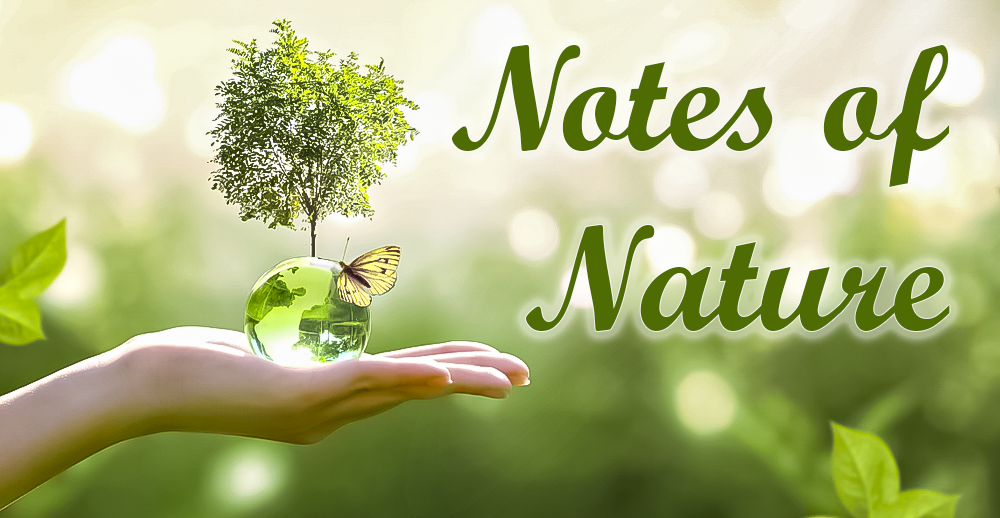But it wasn't until recently that I realised that there was a book to accompany the series.
Quite often when a book is written as a companion to a television series, it can be a run of the mill publication that repeats word for word the commentary from the episodes. Luckily, for me, this is not one of those books.
This is one of those books that is allowed the room to breathe and really let us in to the world of plants. The tag line is "A Journey Through Their Evolution" and it is a journey that we get. The first chapter is especially good at providing dates for when evidence has suggested milestones in the evolution of plants and as such has provided a wealth of new data for the timeline I am creating in Excel as a tool to help me understand the timescales of when such things occurred. The only potentially negative thing I have to say is that after the first chapter, dates are few and far between. However, this may be because there is no evidence to suggest dates as yet, rather than the author leaving known dates out - as I'm still new to plant science, I don't know.
The television programme ran over three episodes, which was around 2 and a half hours. with such a limitation of time, only the briefest of brief overviews can be given - and spectacularly given it was. The book has wonderful photography and Will Benson, the author, writes in such a way that pages slip past without thought. He writes in a way that the information can be retained and understood without it feeling cumbersome or overwhelming.
The book has nine chapters which conclude with a chapter entitled 'No Plants, No Humans'. A sensible way to end such a book as I think a lot of us do forget that while flowers can be lovely to look at, the plants serve a much higher purpose. Throughout its 256 pages, this book explains that purpose wonderfully.
Own or Loan: Own
Read Again: Yes
Recommend: Yes
Overall out of Five: 4

No comments:
Post a Comment
I really enjoy reading and replying to your comments, but please do not use this space for advertising!